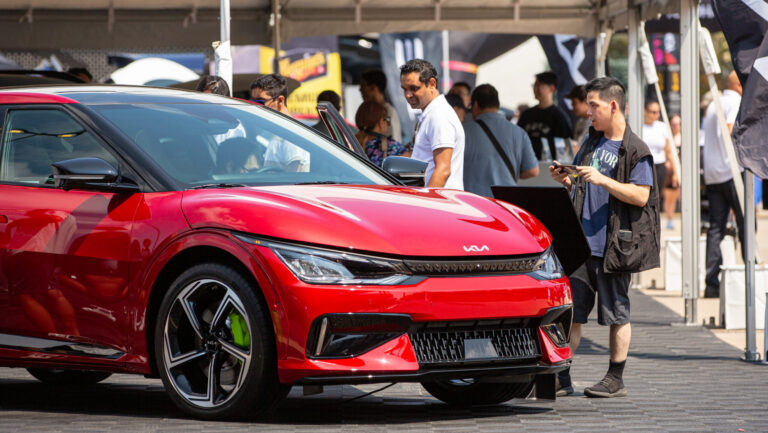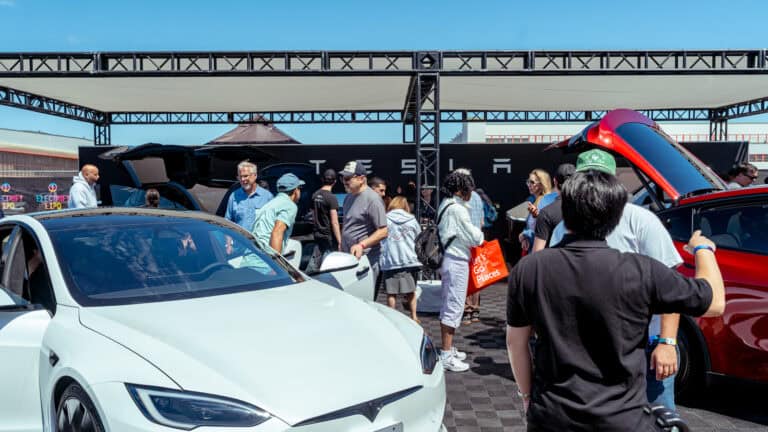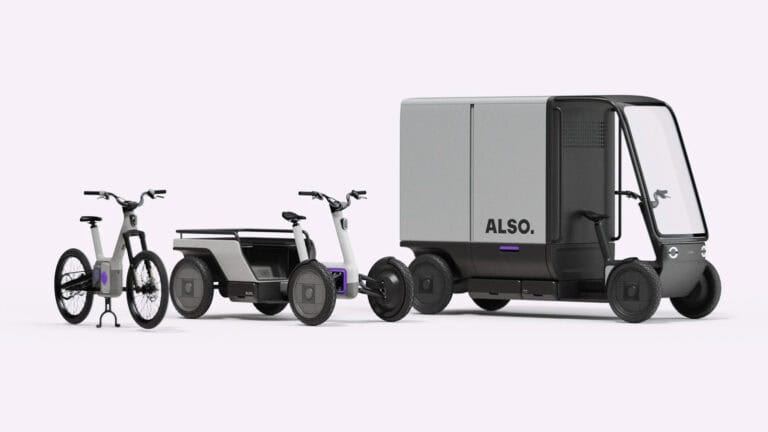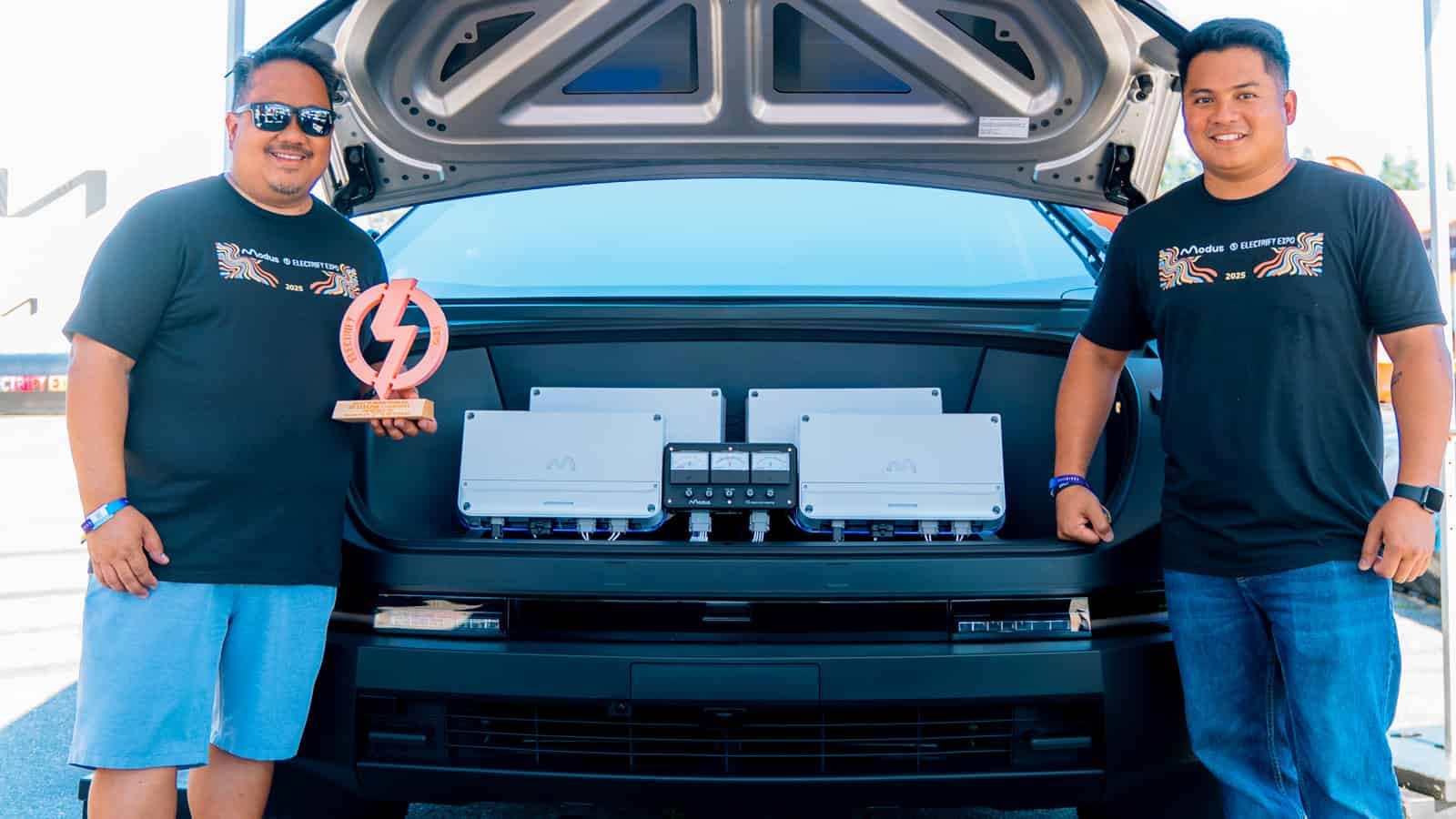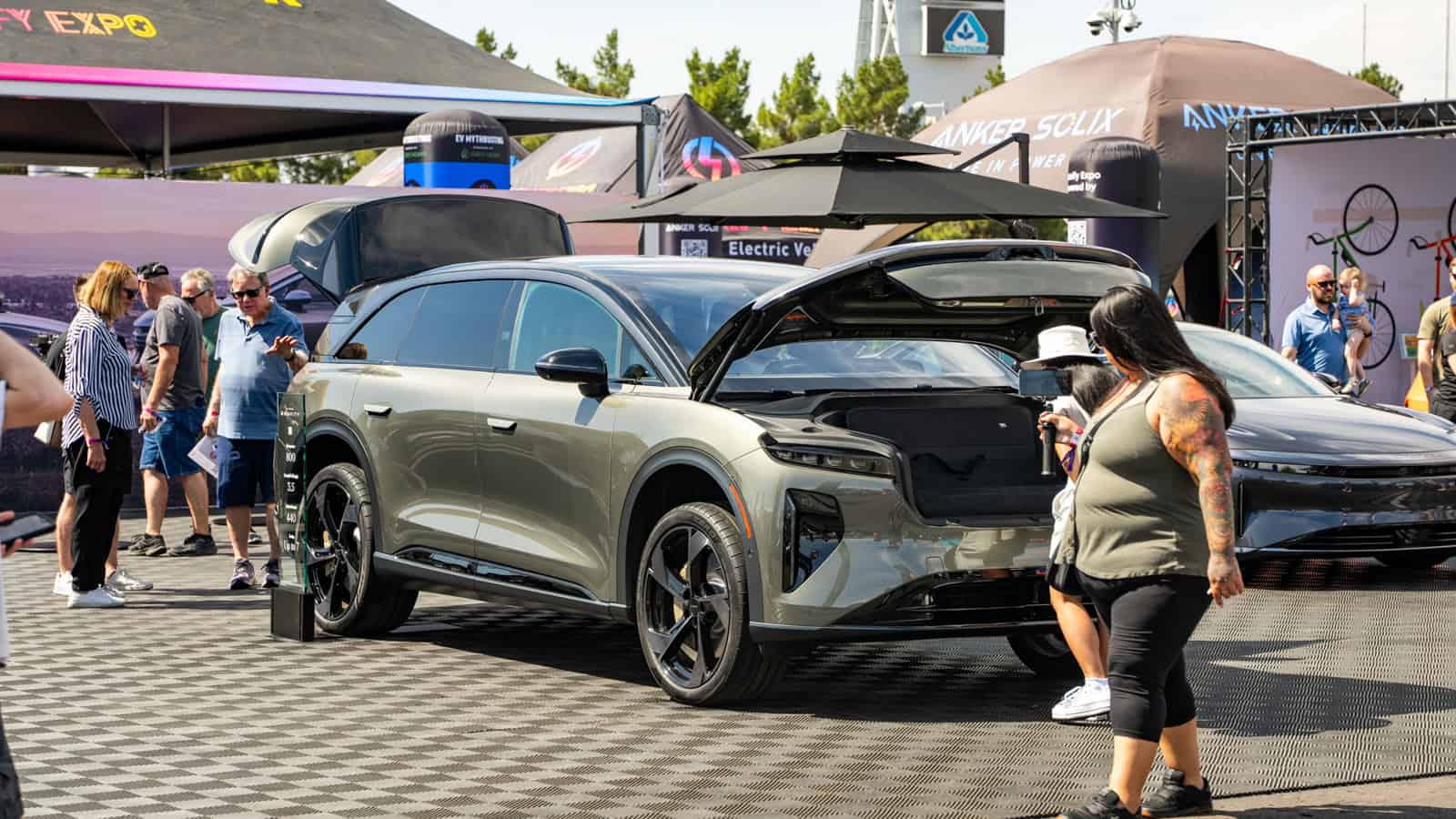Industry Day 2024 at Electrify Expo in Long Beach featured a crucial panel discussion spotlighting the environmental impacts of widespread electrification. The panel, moderated by Chris Harto of Consumer Reports, featured insights from Aaron Dyer (Southern California Edison), Kevin Tubbs (Oshkosh), Pete Boudreaux (Rad Power Bikes), and Matthew Hofmann (Living Vehicle), each getting into different aspects of the electric vehicle (EV) ecosystem.

- EVs offer substantial environmental benefits by reducing carbon emissions, supporting carbon neutrality goals.
- EVs in commercial use reduce diesel particulate and noise pollution significantly.
- Ebikes help in reducing urban congestion and car dependency, contributing to better air quality and lower greenhouse gas emissions.
ADVERTISEMENT
To kick off the session with a bit of humor, Chris compared the debate on EVs and environmental benefits to a ‘Ted Talk,’ highlighting how important yet often repetitive the discussion can be. The panel delved deeper than the typical carbon emissions storyline, uncovering wider environmental implications and the practical aspects of transitioning to an electrified future.
Aaron Dyer set the stage by detailing Southern California Edison’s commitment to carbon neutrality by 2045. “Our own analysis suggests that by 2045, if California wants to meet its carbon neutrality goals, 90% of light-duty vehicles need to be electrified,” explained Dyer. He highlighted the dual benefits of zero-emission vehicles and an increasingly low-carbon power grid. In 2023, “52% of the electricity we delivered was carbon-free,” he noted, showcasing significant progress toward reducing grid carbon intensity.

Kevin Tubbs then discussed the lesser-known environmental benefits of EVs, particularly in commercial applications. Tubbs raised concerns about diesel particulate emissions and how they affect health. “The electric Refuge vehicle…replaces a diesel vehicle, [so] you no longer have the amount of diesel particulate matter…that exposes our children and elderly people,” Tubbs illustrated, also noting the reduction in noise pollution from electric commercial vehicles.
Pete Boudreaux shifted the focus to micromobility, highlighting the role of electric bikes in reducing urban congestion and car dependency. Boudreaux shared stories of customers who transformed their daily routines with ebikes, highlighting their efficiency for short trips. “If most of your trips are within three to five miles of your home, odds are you can get there as fast on an electric bike,” he explained.
ADVERTISEMENT
Matthew Hofmann provided a unique perspective on EVs and off-grid living. His company, Living Vehicle, designs electric RVs that not only support sustainable living but also contribute power back to the grid. “We have a new product…called The Cyber trailer. This is a self-sufficient vehicle that’s designed to not only power itself but to add power back to the Grid or to the very vehicle that’s towing it,” Hofmann detailed.

The discussion also touched on the manufacturing side of EVs, with Kevin Tubbs stressing the importance of reducing energy use and increasing the use of renewables in manufacturing processes. Matthew Hofmann advocated for local manufacturing and sourcing to enhance sustainability.
The focus wasn’t just on the environmental benefits of electric vehicles. It also looked into practical ways to make them a seamless part of our lives and infrastructures.






ADVERTISEMENT

ORIGINAL CONTENT FROM ELECTRIFY NEWS
FTC: We use income-earning auto affiliate links. Learn more.





